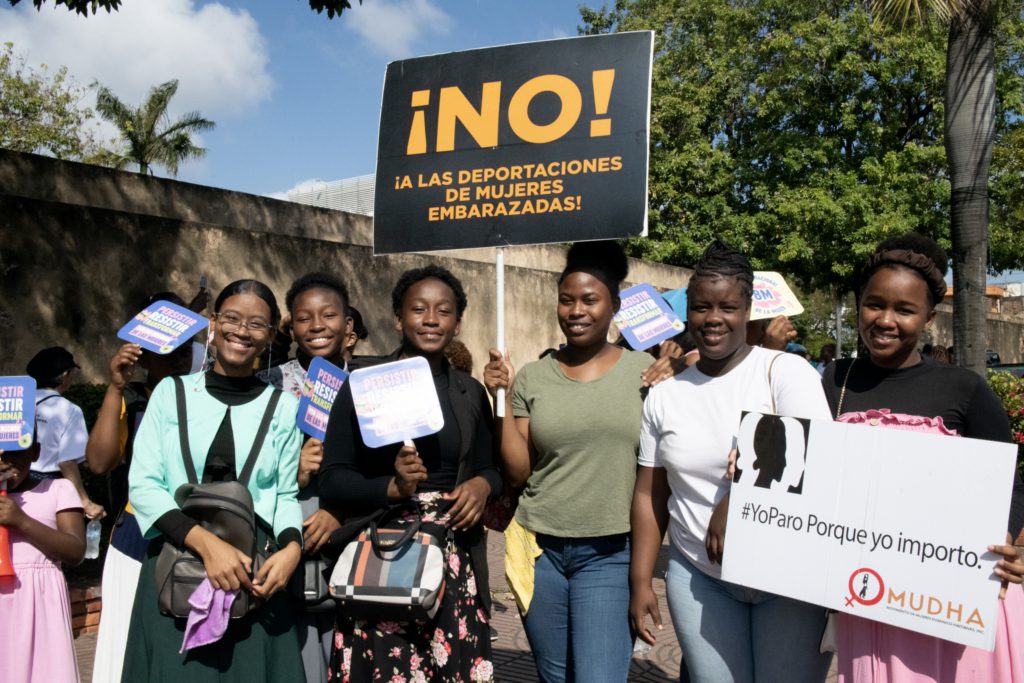Health Crackdown or Racial Profiling? Dominican Republic's Controversial Migration Stance Sparks Outrage

A Dangerous Intersection: Healthcare and Immigration Policy
Recent policy changes have raised alarming concerns about the fundamental rights of migrants seeking medical treatment. These new measures create a perilous landscape where individuals must choose between critical healthcare and the risk of deportation.
The latest regulations effectively weaponize medical facilities, transforming them from safe spaces of healing into potential sites of immigration enforcement. By linking medical care directly to potential deportation, these policies fundamentally undermine the basic human right to health and medical treatment.
Migrants now face an impossible dilemma: seek necessary medical attention and risk exposure to immigration authorities, or avoid treatment and compromise their personal health and safety. This approach not only threatens individual well-being but also undermines public health efforts by discouraging vulnerable populations from accessing essential healthcare services.
Such policies represent a dangerous erosion of humanitarian principles, creating an environment of fear and uncertainty for some of society's most vulnerable members. The potential consequences extend beyond individual cases, potentially impacting community health and social cohesion.
Healthcare should be a universal right, unencumbered by immigration status. These new measures represent a critical step backward in protecting human dignity and ensuring equitable access to medical care.
